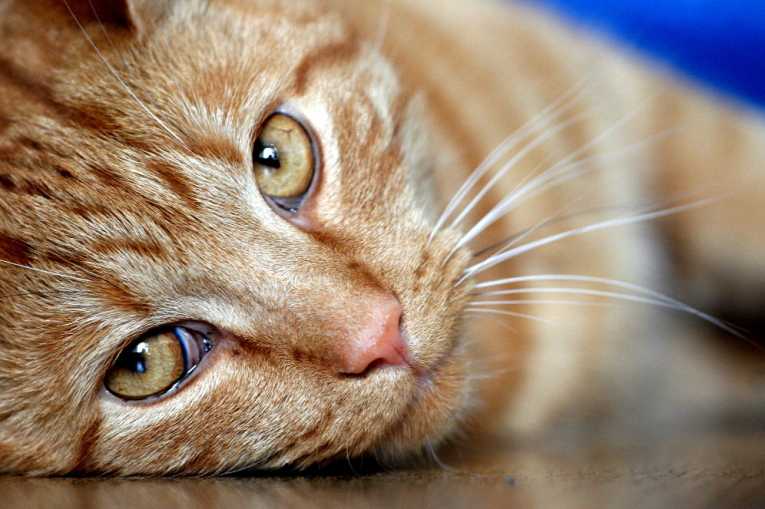For thousands of years people all over the world have kept cats as household pets. The earliest known example comes from a grave that was discovered in Cyprus in 2004. It and contains two skeletons laid closely together, one of a human and the other of a cat and is believed to be 9,500 years old.
It is estimated that today the total number of domesticated cats world-wide runs to around 500 million. In 1998 there were thought to be 76 million in Europe, seven million in Japan and three million in Australia. A survey conducted in 2007 estimated that the US population of domesticated cats totalled around 82 million.
Since cats have such an important place in the lives of so many families, it is only to be expected that any peculiar health problems should attract attention. Owners are often concerned when their cats regularly vomit hairballs or refuse to eat. Conventional wisdom usually maintains that this is simply “cat like” behaviour, but researchers at Ohio State University think otherwise. They believe that when a cat “acts sick” it is as a result of stress caused by changes to its environment.
Healthy cats, the study revealed, were just as likely as chronically ill cats to refuse food, vomit frequently and stop using their dirt tray when changes occurred in their routine. Vets refer to these symptoms as sickness behaviours.
The researchers looked at sickness behaviours in healthy cats and compared them to cats suffering with interstitial cystitis, a chronic illness that caused much recurring discomfort and pain in the bladder, often accompanied by an urgent and frequent need to urinate.
It was noted that whenever there was a change in feeding schedule, or the person looking after them, healthy cats were just as likely as chronically ill cats to exhibit sickness behaviours. Both groups were three times more likely to act sick when their routines were disrupted.
It has long been accepted that a number of other conditions have been strongly associated with interstitial cystitis in cats. Now that stress has been discovered to cause some of these same problems in healthy cats the researchers suggest that it might be pertinent to look more closely at environmental factors when assessing a cat's health.
“When a vet sees a cat that's not eating, is not using its dirt tray properly, or has stuff coming out of its mouth, the quality of the environment is another cause that needs to be addressed in coming up with a diagnosis.” says Ohio State's Professor Tony Buffington.
As senior author of the study he was cautious about extrapolating these findings to the average home, but he was clear that anyone who has a pet must accept that they have a responsibility to understand their pet's needs and to provide for them.
The research project has shown that consideration of environmental enrichment is something that is of vital importance to the many thousands of cat lovers world-wide.










